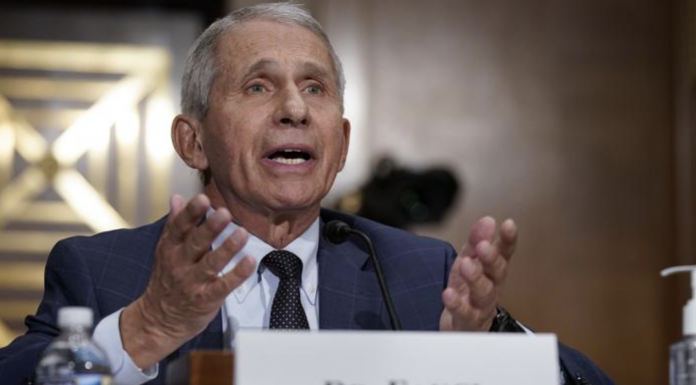CBS NEWS – Sweeping new vaccine mandates could force millions of vaccine holdouts to become inoculated against COVID-19, but individuals with earnest religious beliefs or disabilities that interfere with inoculation may still be exempt from getting jabbed.
It is new territory for many employers navigating the issue, given how risky a proposition it is to allow unvaccinated employees to mingle with, and possibly infect, colleagues in the workplace.
Many large corporations already require COVID-19 vaccination to keep employees safe from the virus,
But they must, under the Americans with Disabilities Act (ADA) and Title VII of the Civil Rights Act, offer exemptions to individuals with either a disability or “sincerely held” religious belief that prevents them from getting the vaccine.
The Biden administration’s broad prevention measures announced Thursday expand vaccine mandates further, affecting roughly 100 million Americans and shining a new light on exemption claims and how employers can verify their legitimacy.
“It is always possible that a local church or temple does in fact espouse a view that vaccination is contrary to religious beliefs, so there is room for the employer to dig deeper on those sorts of requests.”
No major religious denomination in the U.S. opposes vaccination outright. But an individual’s “sincerely held” religious belief does not have to be part of an organized-religion mandate to be considered a valid reason for exemption from getting the vaccine.
Domenique Camacho Moran, a labor attorney at New York-based law firm Farrell Fritz, said:
“It can be a personal, sincerely held religious belief which arises from the very nature of freedom of religion articulated in the First Amendment.”
Employers in the past have been inclined to give workers the benefit of the doubt and to accept any requests on the basis of religious beliefs as genuine.
But given the high-stakes nature of the coronavirus, they are now giving such requests a second look.
“The employer generally has to go with the idea that the employee’s request is based on their sincerely held religious belief … ”



